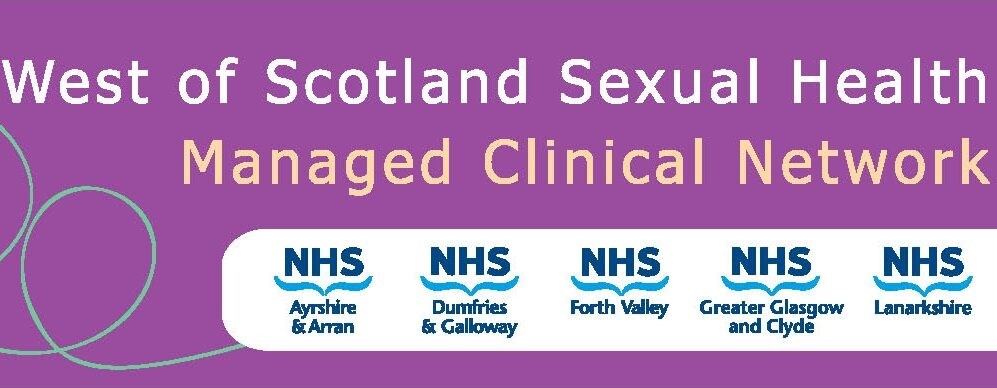Indications for emergency contraception following potential failure of hormonal and intrauterine methods of contraception

| Method | Situation leading to possible contraceptive failure | Indication for EC |
|---|---|---|
| Hormonal methods of contraception |
Failure to use additional contraceptive precautions when starting the method | UPSI or barrier failure during time that additional precautions required, as indicated within CEU guidance. |
|
Combined or combined |
Patch detachment/ring
Extension of patch-free or ring-free interval by more than 48 hours |
EC is indicated if:
If the HFI is extended, a Cu-IUD can be offered up to 13 days after the start of the HFI assuming previous perfect use. If CHC has been used in the 7 days prior to EC, the effectiveness of UPA-EC could theoretically be reduced. Consider use of LNG-EC. |
| Combined oral contraceptive pill (monophasic pill containing ethinylestradiol) |
Missed pills (if two or more active pills are missed) |
EC is indicated if:
If the pill-free interval is extended (this includes If COC has been taken in the 7 days prior to EC, the effectiveness of UPA-EC could theoretically be reduced. Consider use of LNG-EC. |
|
Combined progestogen- and progestogen- |
Failure to use additional contraceptive precautions whilst using liver enzyme-/inducing drugs or in the 28 days after use |
EC is indicated if there is UPSI or barrier failure Offer a Cu-IUD (unaffected by liver enzyme- UPA-EC is not recommended with liver enzyme-inducing drugs. |
| Progestogen- only pill |
Late or missed pill (more than 27 hours since last traditional POP or more than 36 hours since last desogestrel-only pill) |
EC is indicated if:
Timing of ovulation after missed pills cannot be If POP has been taken in the 7 days prior to EC, the effectiveness of UPA-EC could theoretically be reduced. Consider use of LNG-EC. |
| Progestogen- only injectable |
EC is indicated if there has been UPSI or barrier failure:
Timing of ovulation after expiry of the progestogen only injectable is extremely variable. A Cu-IUD is only recommended up to 5 days after the first UPSI that takes place more than 14 weeks after the last DMPA injection. The effectiveness of UPA-EC could theoretically be reduced by residual circulating progestogen. |
|
| Progestogen- only implant |
Expired implant | Low risk of pregnancy in 4th year PO-Implant. Effectiveness of UPA-EC unknown. See FSRH CEU EC Guideline. |
| Intrauterine contraception (Cu-IUD and LNGIUS) |
Removal without immediate replacement; partial or complete expulsion; threads missing and IUC location unknown |
If UPSI has occurred in the 7 days (the duration of sperm viability in the upper genital tract) prior to removal, perforation, partial or complete expulsion. Depending on the timing of UPSI and time since IUD known to be correctly placed, it may be appropriate to fit another Cu-IUD for EC. If missing LNG-IUS threads and unable to confirm placement with a scan, consider LNG EC due to reduction in effectiveness of UPA-EC due to progestogens. |
This table is reproduced under licence from FSRH. Copyright © Faculty of Sexual & Reproductive Healthcare March 2017, from FSRH Clinical Guideline: Emergency Contraception (March 2017, amended July 2023).